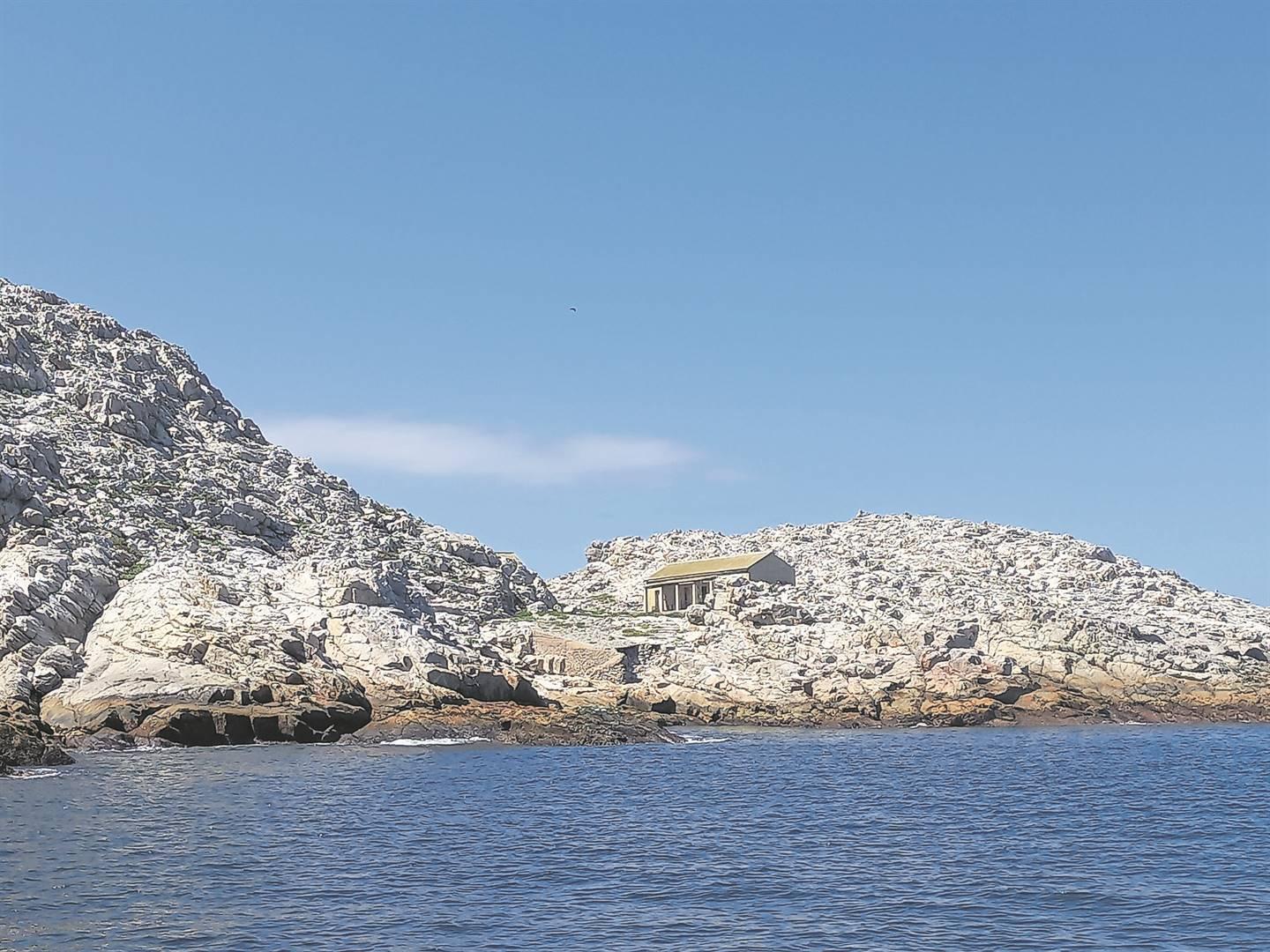Africa-Press – South-Africa. The Eastern and Southern Cape Pelagic Association (ESPA) has warned a fishing ban, which will be in place around Bird and St Croix islands in Nelson Mandela Bay for the next 10 years, will destroy the local industry.
Forestry, Fisheries and Environment Minister Barbara Creecy announced the ban on Friday.
This followed the release of a report by an international panel of experts who had to determine the impact of fishing bans on the declining African penguin population.
The association’s chairperson, Mohammed Riedau de Maine, said the fishing industry had been tasked with reaching a compromise with environmental organisations regarding the type of fishing limitations to be implemented.
Creecy said fishing bans would be implemented in waters around key penguin colonies for a minimum of 10 years with a review after six years of implementation and data collection.
The ban is aimed at sardine and anchovy fishing.
The affected areas are St Croix Island, home to the world’s largest African penguin colony and Bird Island in Nelson Mandela Bay, as well as Dassen Island, Robben Island, Stony Point and Dyer Island.
Creecy said competition for food was thought to be one among a set of pressures contributing to the decline of the African penguin population.
“Other pressures include ship traffic together with their associated noise and vibrations, pollution and degradation of suitable nesting habitats.
She added:
If no agreement is reached over the next few weeks or months across these sectors, the current interim limitations will continue until the end of the 2033 fishing season.
De Maine said the fishing industry in Nelson Mandela Bay was willing to settle for a more than 40% closure around St Croix and Bird islands but a compromise could not be reached because the organisations still wanted 100% closure.
He added the current closures around St Croix Island was 73%, while around Bird Island it was around 93%.
De Maine said the industry was already facing pressure since the sardines migrated to the coast between October and April.
This small window is their fishing season.
He added there was no fishing between March and October because the sardines, which was in abundance along the coast, was not big enough to be commercially viable.
“It is actually just the right size for the penguins. It is not like the penguins have no food at all.
“We understand the need to protect the penguins but there is a multimillion-rand industry dependent on these waters for fishing. Jobs will be lost and there will be people working short time.”
‘There is so much to consider’
De Maine said the association had eight vessels working from the harbour with hundreds of people attached to them.
“These are not white-collar workers. They are breadwinners receiving an average salary and they will be the ones affected.”
He added if they failed to reach their fishing quota, their fishing rights could be taken away.
“We are very unhappy about this because there is so much to consider.”
Meanwhile, those fighting for the survival of the penguins are elated at the announcement.
The director of the Coastal and Marine Research Institute, Professor Lorien Pichegru, said the areas that they suggested for closure was based on the penguins’ foraging habits.
She added a compromise was reached but they would have preferred the limitations on St Croix Island, specifically, to stretch further south, since the penguins foraged in that direction.
“What we proposed is already a compromise on what they need in their whole habitat.”
Pichegru said they were happy the limitations included fishing areas that would be closed for a whole year and not just certain periods as was previously done.
“At some point, it was open when the penguins were not breeding. We are very happy that the minister said it should be closed the whole year because penguins are still foraging when they are not breeding.”
According to her, these limitations would have a positive impact on the African penguin population.
For More News And Analysis About South-Africa Follow Africa-Press






